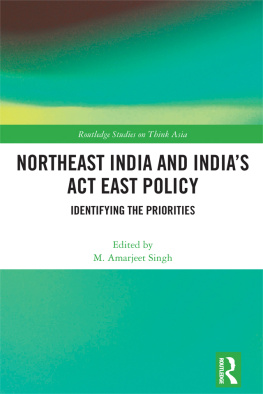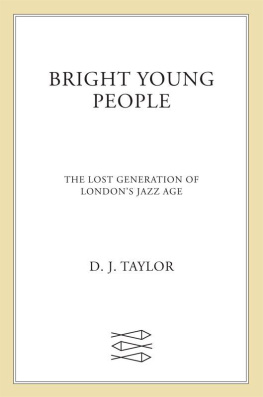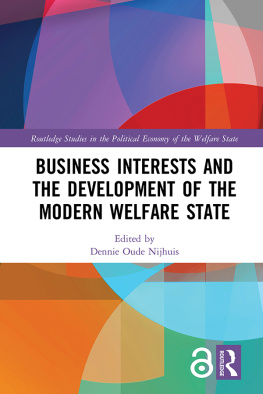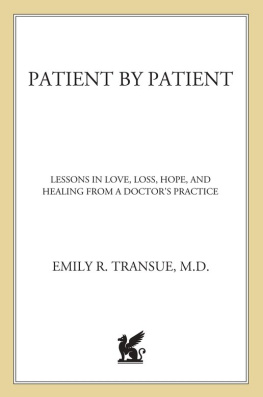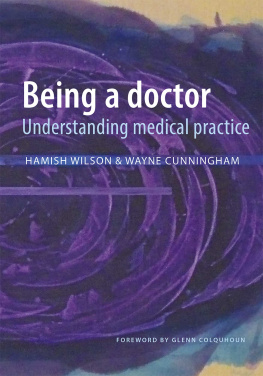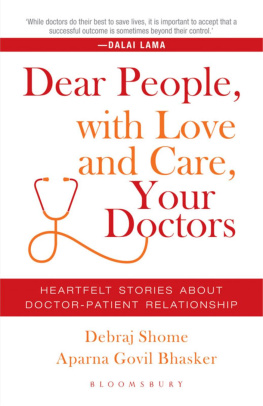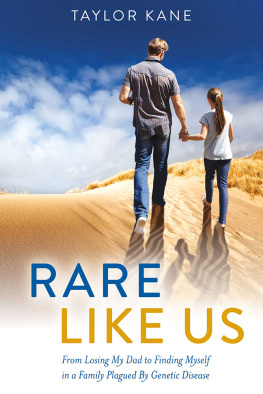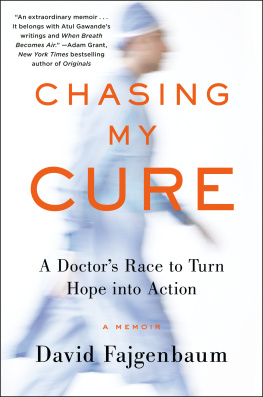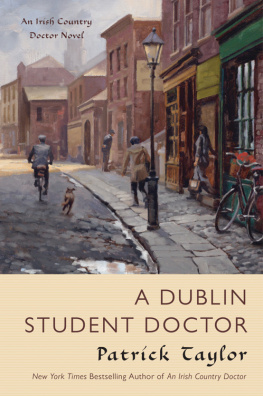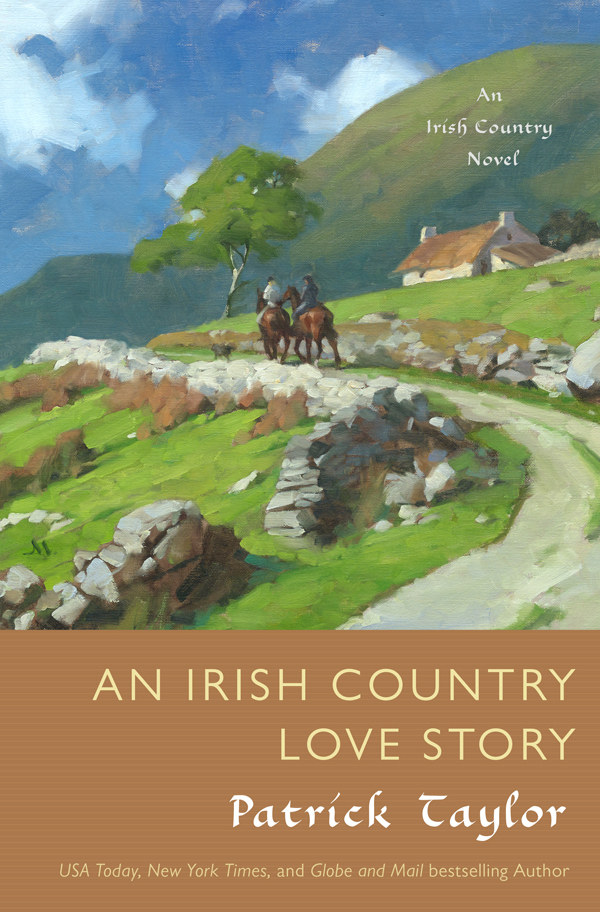Contents
Guide

The author and publisher have provided this e-book to you without Digital Rights Management software (DRM) applied so that you can enjoy reading it on your personal devices. This e-book is for your personal use only. You may not print or post this e-book, or make this e-book publicly available in any way. You may not copy, reproduce, or upload this e-book, other than to read it on one of your personal devices.
Copyright infringement is against the law. If you believe the copy of this e-book you are reading infringes on the authors copyright, please notify the publisher at: us.macmillanusa.com/piracy.
To Dorothy
I would like to thank a large number of people, some of whom have worked with me from the beginning and without whose unstinting help and encouragement, I could not have written this series. They are:
In North America
Simon Hally, Carolyn Bateman, Tom Doherty, Paul Stevens, Kristin Sevick, Irene Gallo, Gregory Manchess, Patty Garcia, Alexis Saarela, and Christina Macdonald, all of whom have contributed enormously to the literary and technical aspects of bringing the work from rough draft to bookshelf.
Natalia Aponte and Victoria Lea, my literary agents.
Don Kalancha, Joe Maier, and Michael Tadman, who keep me right in contractual matters.
In the United Kingdom and Ireland
Jessica and Rosie Buchman, my foreign rights agents.
The Librarians of: The Royal College of Physicians of Ireland, The Royal College of Surgeons in Ireland, The Rotunda Hospital Dublin and her staff.
For this work only
My friends and colleagues who contributed special expertise in the writing of this work are highlighted in the authors note.
To you all, Doctor Fingal Flahertie OReilly MB, DSC, and I tender our most heartfelt gratitude and thanks.
Welcome back to Ballybucklebo, or, if it is your first visit, cad mle filte, a hundred thousand welcomes. Here it is, number eleven in the Irish Country Doctor series. If it is your first visit dont worry. You can start and enjoy this series in any one of the books.
This is a departure from the structure of telling concurrent stories set in different decades, which I have used for the last two books: telling Fingal OReillys backstory as a naval surgeon in the Second World War while continuing to follow the doings of the citizens of Ballybucklebo in the 1960s.
This work, apart from a short trip to Marseille, is almost entirely set in Ballybucklebo in the first months of 1967. While it is not a complicated book, one or two matters about it do require some explanation, which is of course the purpose of an authors note. I need to discuss love, characters, and accuracy, and make a small admission.
Although its title implies that it is a single love story, it is rather a collection of intertwined love stories. It is not simply a romantic novel. Love according to the ancients could be expressed in three ways: eros, filia, and agape . All are here aplenty.
Certainly the ongoing stories of Barry Laverty and Sue Nolan, Fingal and Kitty OReilly, Jack Mills and Helen Hewitt, and the will-they-wont-they affair between Lars OReilly and Myrna Ferguson, the marquiss widowed sister, are true manifestations of eros .
But love is not always sexual. There is great filia, deep affection, between Sonny and Maggie Houston and their dog, between Fingal and Kitty OReilly and their home, and Lord John MacNeill and Myrna for the Ballybucklebo Estate, which will face crippling taxes when his lordship dies. The love of a young woman for a father stricken by a heart attack is true filia. Nor is there any lack of agape, compassion, from the doctors for their patients and their two sick colleagues, from a young Colin Brown for a friends misfortune, and from the entire village and townland when it comes to rallying support for a respected member who is under threat.
And ever-present and underpinning all is the unspoken but deeply abiding love, I believe reflecting my own, of the Ulsterfolk for their beautiful little corner of the Emerald Isle. A place soon tragically to be riven by thirty years of internecine strife.
Most of the characters are fictitious, but there are some real people in these pages. Doctor Harold Millar was a distinguished neurologist in Belfast who had a special interest in multiple sclerosis and epilepsy. He taught me this aspect of the field of internal medicine. Doctor, later Professor, Gerald Nelson was head of haematology at the Royal when I was a student and houseman. His son, Peter, went on to be an A&E (accident and emergency) physician. The four wildfowling doctors who owned the Long and Round Islands on Strangford LoughTaylor, Bowman, and the Sinton brotherswere known very personally to me. Jimmy Taylor was my father, Jamsey Bowman was my GP, and I knew the Sinton brothers, in the fashion of Ulster then, as honorary uncles Jack and Victor. I spent many happy Saturdays on the Long Island. And the Club Bar, home away from home for preclinical medical students, was owned by Mister Mick Agnew.
As ever, I have striven for historical and medical accuracy. My knowledge of Marseille in the sixties is firsthand, having spent three months there in the summer of 1962 as an externe des hpitaux, a junior medical student with limited clinical responsibilities. The city was a fascinating place where I was meant to improve my French. Was meant to. I am deeply indebted to Christianne Pharand, who corrected my execrable use of a beautiful language.
Doctor John Ward of Vancouver kept me right about the details of pernicious anaemia. Thanks, John.
A purely chance suggestion accompanied by a link to the County Down Spectator about the loss of a black Labrador in the Holywood Hills, and the immense effort made by the people of North Down to find him, gave me the plotline for the missing Jasper. In the second great coincidence in these books (there is a gastro-pub in Holywood called the Dirty Duck, which was not there when I started writing about the Mucky Duck), the storyline that came to be about Sonny Houstons missing Jasper was sent by Belfast native Jenny Houston. Thank you, Jenny.
Finally, I must confess my sins. When OReilly is explaining to Kitty about the founding of the village of Helens Bay and the building of Helens Tower, he attributes these to one of John MacNeills ancestors. In fact, the village was created by the real Marquess of Dufferin and Ava, Lord ONeill, whose son had Helens Tower erected in honour of his mother, Helen Selina Blackwood, the Lady Dufferin. I hope the ONeill family will forgive me.
I trust these explanations will add to your enjoyment of this novel.
P ATRICK T AYLOR
Saltspring Island
British Columbia
Canada
July 2015
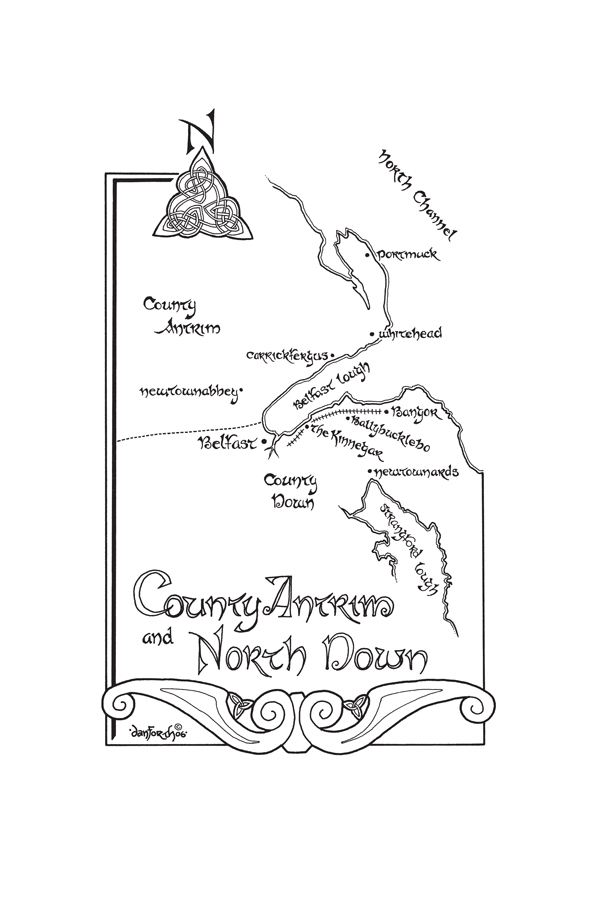
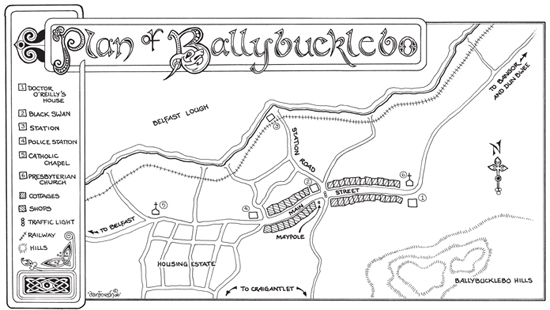
Brisk, said Doctor Barry Laverty, standing on the shore and watching his breath turn to steam in the chilly, early-January air. The tang of the sea was in his nose, a fair breeze on his cheeks. Distinctly brisk. Cold as a witchs ti No. Out of deference to one of his companions, hed not make the allusion much loved by his senior partner to the frigidity of a wisewomans breast. Tucking his neck down into the collar of his overcoat, he held more tightly to Sue Nolans gloved hand. The young schoolteacher, Barrys fiance, was spending the weekend at Number One Main Street, Ballybucklebo, before returning to her exchange-teaching work in Marseille.



